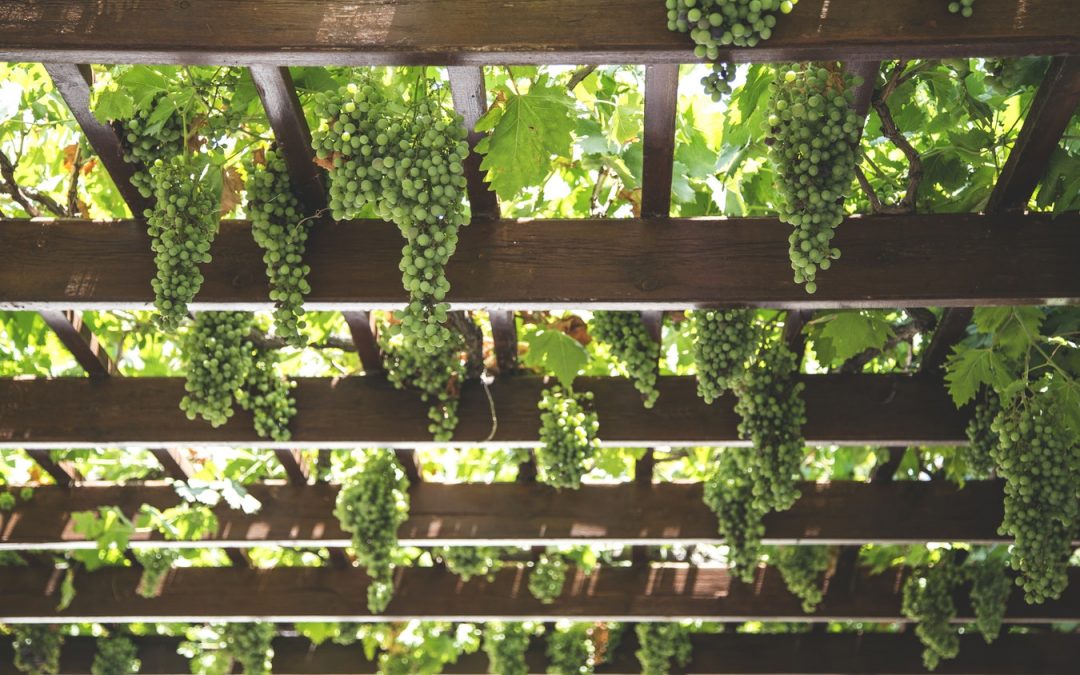Looking for a long-term business relationships – with Dutch and Swiss entrepreneurs. Please contact us when you are interested.
Important business opportunity
Greek farmers are looking for advanced solutions in the field of olive oil, herbs, wine production, vineyards, hydroponic & vegetables cultivations and an integrated agri-business model (Combining Agribusiness and Agri-tourism) (hereafter: Relevant Sector). The focus is on cultivating, processing, packaging, trading, marketing and the opening new sales channels. Olive von Borstel is helping to review solutions that are effective, easy to use and ready to be implemented in the Relevant Sectors.
According to a recent GAP-analysis, the main areas of improvements to focus on are:
- Lack of Capital Investment / Non-functional Banking System
- Weak supply chain/Sales channels
- Knowledge obsolesce and lack of technological support
- Very poor management & marketing
The type of partnership sought is a commercial agreement with technical assistance. The partner should be able not only to install the solution but also to provide maintenance and technical support after the installation.
Forum
 Oliver von Borstel has officially partnered with the Greek international business development expert, mr Stamatis Alamaniotis. Oliver von Borstel and mr Alamaniotis are in the process of organising a Forum in Greece to bring together Dutch, Greek and Swiss entrepreneurs, and present them with a business model. This unique business model can be used to implement cooperation. It aims at increasing mutual profit. In this respect, Oliver von Borstel and mr Alamaniotis are approaching banks and universities to facilitate the event and – in the implementation phase – provide services in the newly established cooperations.
Oliver von Borstel has officially partnered with the Greek international business development expert, mr Stamatis Alamaniotis. Oliver von Borstel and mr Alamaniotis are in the process of organising a Forum in Greece to bring together Dutch, Greek and Swiss entrepreneurs, and present them with a business model. This unique business model can be used to implement cooperation. It aims at increasing mutual profit. In this respect, Oliver von Borstel and mr Alamaniotis are approaching banks and universities to facilitate the event and – in the implementation phase – provide services in the newly established cooperations.
Bridging production forces, capital, science and markets
Oliver von Borstel will be attracting advanced technological solutions, suitably adopted in the particular local needs, to offer the Relevant Sector producing companies that it is cooperating with. Mr Stamatis Alamaniotis is in the proces of forming a consortium of Greek local businesses active in cultivating, processing, packaging and trading in the Relevant Sector. Oliver von Borstel is looking for Dutch and Swiss companies that can provide multiple solutions to their Greek partners, regarding:
- Monitoring the quality, health and cultivation stages of plants and crop (pest management)
- Easy and precise measuring of the content of phenolic acid (in the olive oil)
- Easy and precise measuring of the quality characteristics of the olive oil such as acidity, colour, etc.
- Simplifying the extraction process with alternative processing methods
- Valorising the by-products of the olive and olive oil production (such as the olive pit)
- Any other offer of technological solution for the olive and olive oil industry (for example management of the process, IT tools etc.)
Strategy
 Oliver von Borstel is looking to review solutions that are effective, easy to use and ready to be implemented in the Relevant Sector. The Greek partners are willing to collaborate with the provider of the technology in order to customise the solution to fit the needs of a sustainable business. The cooperation offered should enable Greek farmers to gain access to international niche and specialty markets. Cooperation should enhance the production and minimizing the cost. Other examples of efffective cooperation could result in e.g. obtaining certifications for high phenolic acid, to make health claims and consequently to obtain a higher profit margin.
Oliver von Borstel is looking to review solutions that are effective, easy to use and ready to be implemented in the Relevant Sector. The Greek partners are willing to collaborate with the provider of the technology in order to customise the solution to fit the needs of a sustainable business. The cooperation offered should enable Greek farmers to gain access to international niche and specialty markets. Cooperation should enhance the production and minimizing the cost. Other examples of efffective cooperation could result in e.g. obtaining certifications for high phenolic acid, to make health claims and consequently to obtain a higher profit margin.
Nature of the Greek agricultural sector
The agricultural sector in Greece remains an important sector of economic activity and employment for Greece, with exports of agricultural products accounting for one third of total exports in Greece. Agriculture contributes 4.1 percent of GDP and is characterized by small farms and low capital investment. Greece’s utilized agricultural area is close to 5 million hectares, of which 57 percent is in the plains and 43 percent is in mountainous or semi-mountainous areas. There are about 150 million olive trees in the country, either in systematic orchards or scattered across the country. Lower agricultural productivity in Greece, compared to other EU Member States, is correlated to the smaller average-size of holdings. The economies of scale offered by modern farming practices have limited impact on the small plots of land typically used in Greece.

